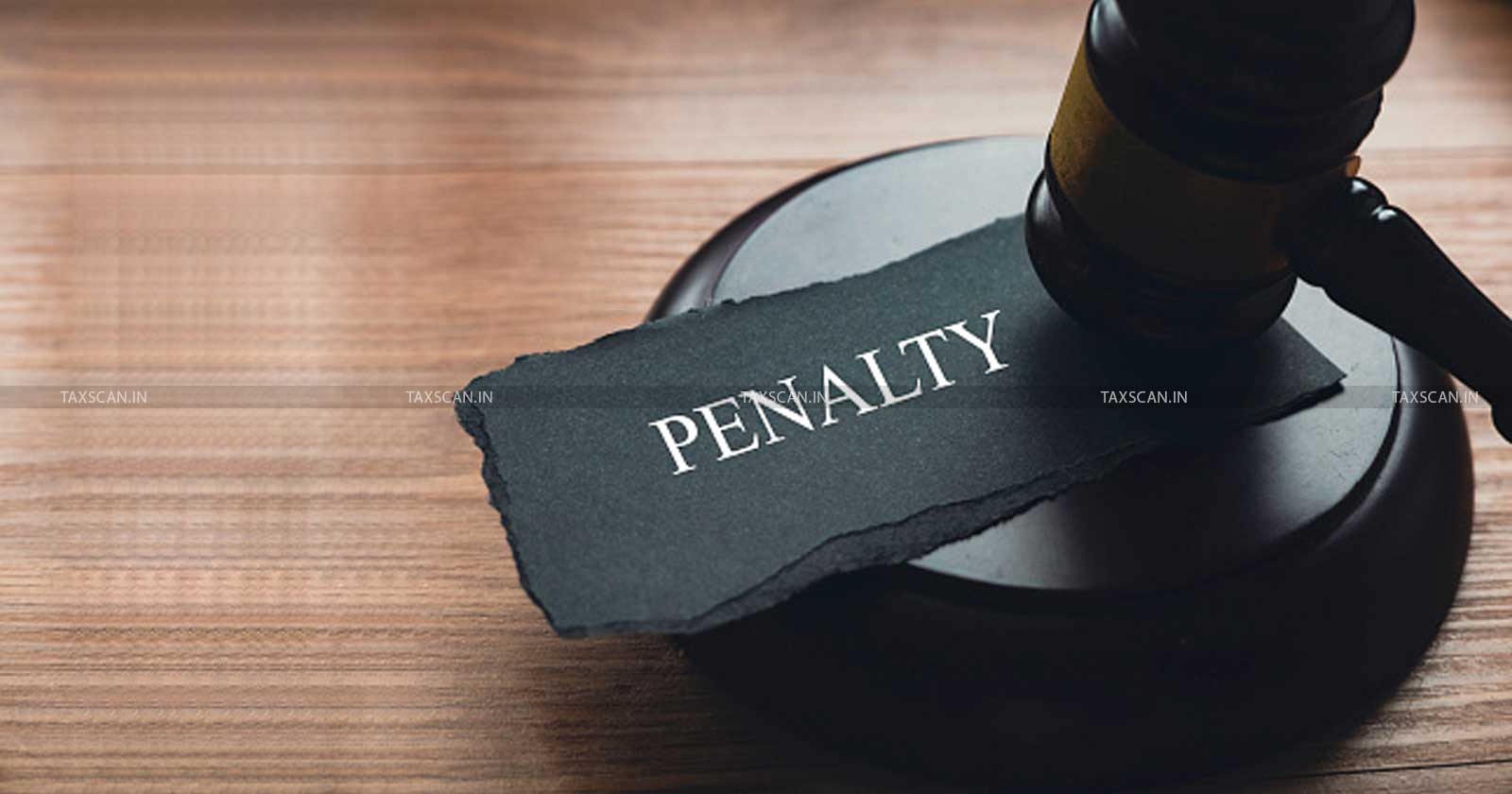Penalty u/s 27(4) not Invokable in Absence of Findings of Wrong Availment of ITC: Madras HC [Read Order]
The Court viewed that a penalty cannot be imposed without giving the dealer a reasonable opportunity to show cause against such imposition.

Penalty – Wrong Availment of ITC – ITC – Madras HC – Absence of Findings of Wrong Availment – taxscan
Penalty – Wrong Availment of ITC – ITC – Madras HC – Absence of Findings of Wrong Availment – taxscan
The Madras High Court has held that a 300% Penalty by invoking Section 27(2) of the Tamil Nadu Value Added Tax Act, 2006 (TNVAT) cannot be imposed when there are no findings regarding wrong availment of Input Tax Credit (ITC).
T.V.Sundram Iyengar and Sons Limited, the petitioner is a registered Company under the Companies Act and a registered dealer coming within the purview of Tamil Nadu Value Added Tax Act, 2006. The petitioner is engaged in buying and selling motor vehicles, chassis and sale of auto parts. Deemed assessment for the year 2012-2013 as provided under Section 22(2) of TNVAT Act (the Act) was completed.
While that being so, the turnover was re-determined by the respondent for the year TIN 202-2013 vide proceedings dated 07.04.2016 under Section 27 of the Act. The petitioner challenged the said order before the Court along with the proceedings for the assessment years 2009-2010, 2010-2011 and 2012-2013. The Court has passed a Common order by setting aside the order on the grounds of natural justice and the respondent was directed to issue a fresh personal hearing notice and while passing the order the respondent ought to consider every contention raised by the petitioner.
The respondent without appreciating the written submission without making any further verification and without giving any reason, confirmed the earlier order, dated 31.05.2022 which was communicated on 17.06.2022. The petitioner submitted that there are errors apparent on the face of the record since there are arithmetical errors apart from confirmation of penalty which was levied without jurisdiction. The petitioner was advised to apply to the respondent under Section 84 of the Act and the same was filed on 22.06.2022 as well as by another petition on 29.06.2022.
The reversal of ITC as per return was not taken into consideration particularly, relating to purchase return and there is no binding of any wrong availament of ITC are producing a false bill, therefore, the respondent cannot impose a penalty.
The petitioner had produced details and explained the errors apparent on the face of the record about the jurisdiction to levy a penalty of 300% for the year 2012-2013. The respondent modified the said order by dropping the reversal of ITC in so far as it relates to sales of motor vehicles to the Canteen Stores Department and in all other respects confirmed the earlier determination of the tax, reversal of ITC and penalties under Section 27(3)(C) as well as under Section 27(4) of the Act.
The petitioner contends that the respondent has not stated any reason in the order. The explanations were ignored. No other verification was done about the quantum of reversal of ITC. In both the orders, it is stated that the penalty under Section 27(3)( C) and Section 27(4) of the Act is proposed to be levied. But, no reason was given for the levy and imposition of a penalty at 300% for the year 2012-2013 for which there is no provision under Section 27(4) of the Act, even by the Amending Act 13 of 2015.
Mr.N.Inbarajan, the counsel appeared for the Petitioner and Mr.A.K.Manikkam, the Special Government Pleader appeared for the Respondent.
The amendment to section 27 (4) stated that the said penalty cannot be imposed without giving the dealer a reasonable opportunity to show cause against such imposition. When the Sub Clause (4) came into effect on 27.01.2016. The respondent cannot impose the same for the assessment year 2012-2013, since the amendment is after the assessment order.
It was viewed that even if the respondent intended to impose the penalty under Section 27(4), then a show cause notice ought to be issued to impose under Section 27(4) simply because a show cause notice was issued under Section 22(2) the respondent cannot impose 300% penalty, retrospectively, by invoking Section 27(2) of the Act. Moreover, there must be a finding that the wrong availment of ITC produces false bills etc. In the absence of such a finding, the respondent lapsed jurisdiction
A Single bench of Justice S Srimathy held that invoking section 27(4) read with 27(2) penalty cannot be imposed. Moreover, the penalty cannot be imposed automatically. Some criminalities ought to be in existence to impose penalty and the framing of proof required for imposition of penalty is different from and much higher than i.e., required for framing the best Judgment demand assessment. The Court quashed the impugned order.
To Read the full text of the Order CLICK HERE
Support our journalism by subscribing to Taxscan premium. Follow us on Telegram for quick updates


